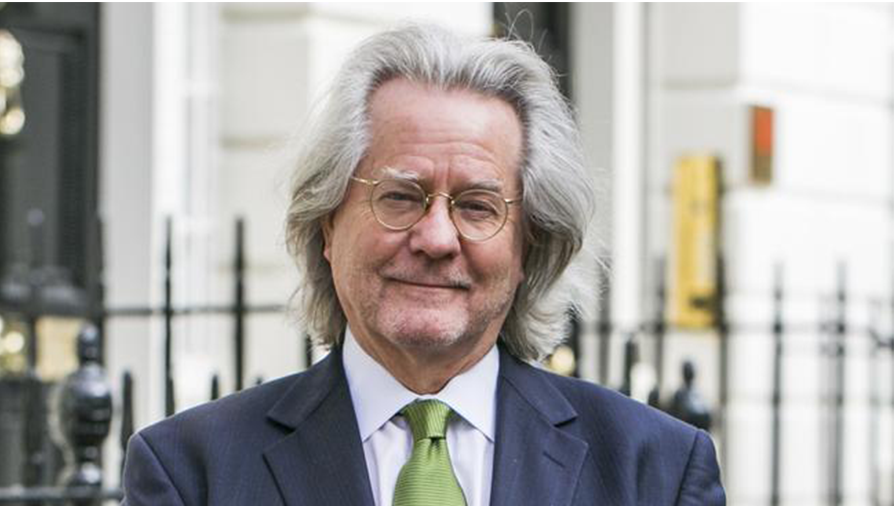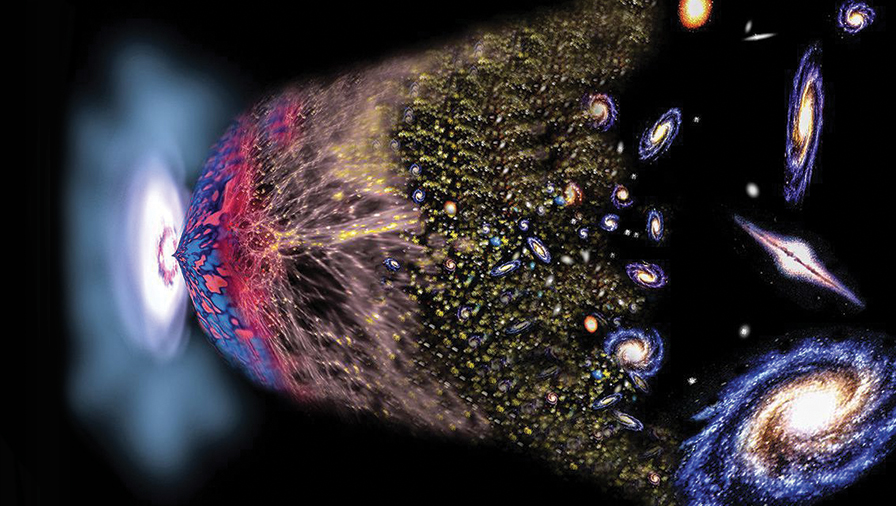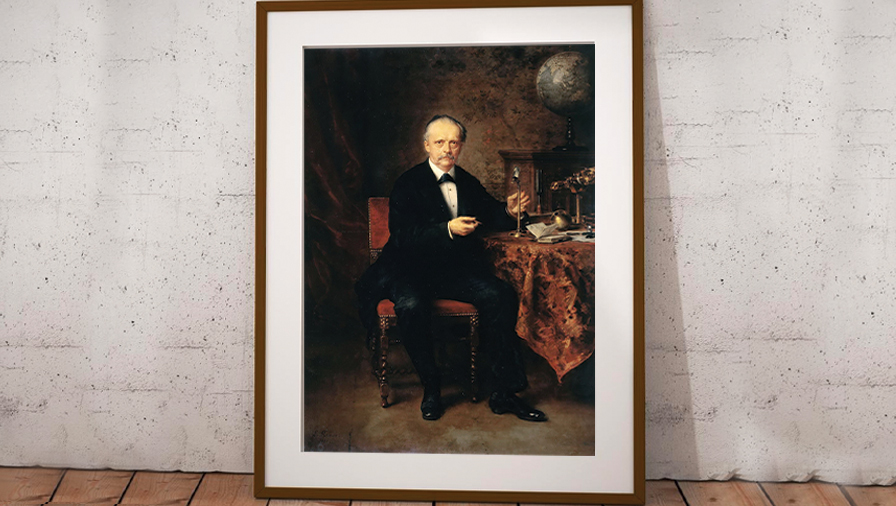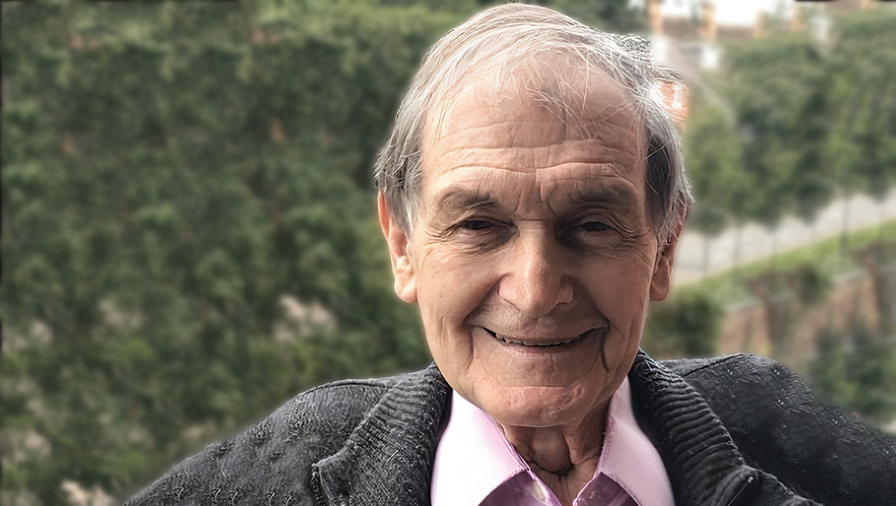The more you learn the less you know
Book Review: Philosopher AC Grayling explores the latest knowledge in science, history and the mind.
Book Review: Philosopher AC Grayling explores the latest knowledge in science, history and the mind.
The knowledge explosion is more than a cliché that describes the information revolution and the inability of anyone to know everything.
In 1980, American sociologist Daniel Bell proclaimed the post-industrial society, in which wealth was created mostly by the services sector rather than manufacturing.
The invention of computers brought a new dimension to the recording and analysis of data in every area of human activity as well as the physical world. The state of knowledge today is that humanity has learned more about its past in the last few decades than the thousands of years since the earliest beginnings of human civilisation.
It has expanded from a biblical framework, in which the origins of the world occurred 6000 years ago, to one in which the universe began 13.72 million years ago.
For Planet Earth, it is 4.5 billion years ago, with life coming four billion years ago. The first hominids (early ape-like creatures) can be traced back to six million years ago and the emergence of homo, from the genus Australopithecus, two million years.
Then follows: anatomically modern humans, 300 kya (thousand years ago); behaviourally modern humans, 100 kya; settled agriculture, 10 kya; and cities, five kya. This dating of the ancient world is the latest assessment gathered by English philosopher Anthony Charles (AC) Grayling, the prolific professor and populariser, who has authored some 30-odd books.
The ancient world
Humanity’s account of its own history – at least in the most accessible forms – began in classical Greece in the fifth century BCE (before the Common or Christian Era), although the first recognised civilisation is the Sumerian, dated at 6000 BCE and located in Mesopotamia, or modern day Iraq.
But others have been found in Egypt, Africa, and Central and South America thanks to archaeological discoveries related to the three key technologies of bronze being replaced by iron and steel, the invention of the wheel, and the domestication of the horse.
Horses originated in the Americas and spread to Asia and Europe, enabling various conquering empires to rise and fall.
In The Frontiers of Knowledge, Grayling outlines how this new knowledge of the ancient past allows a revision of earlier accounts, just as it does for the 19th and 20th centuries.
“The further back in the past we inquire, the greater the difference in research technique,” he writes. Historical records date back only to the late fourth millennium BCE, or 10-12 kya, but before that, requires paleoanthropology, which is far less certain about, say, the origins of agriculture or settled life.

The modern era
In the modern era, history is still present in the form of international tensions, ethnic rivalries, conflicting traditions and world-views, national self-perceptions, and lingering grudges.
Examples include the slave trade from the 16th to the 19th centuries; genocides involving Armenians, Jews, Tutsis and Cambodians; and European colonisation starting in the 17th century.
“History groans under the burden of tragedy and suffering, and not only are these things not forgotten but arguably should not be forgotten, because they make many kinds of difference to our present and future,” Grayling observes.
He analyses the various versions of these accounts and how they are being recast with new understanding of indigenous peoples’ experiences. A reference to the worldwide outrage at the killing by police of George Floyd shows Grayling is as up to date as a book can be.
While revisionism in history is not new, it can have far-reaching effects on how societies reinvent themselves. Grayling does not reference New Zealand’s colonial past, though he does go into detail about Australia’s.
Impact of revolutions
An example known to students of English history is the reinterpretation of the Puritan Revolution in the mid-17th century by Christopher Hill, a Marxist. Hill argued it wasn’t primarily a religious event but one of social and political revolution.
It preceded the revolutions in America, France and Russia, all of which had a profound effect on world history over three centuries. Kingdoms were overthrown, property underwent radical changes in ownership, mass democratic movements emerged, and taxation came under parliamentary control.
Grayling’s previous books, such as The Age of Genius, covered aspects of this evolution toward post-Enlightenment societies. But his new book is also concerned with exploration of the cosmos and the human brain.
Here, his purpose is to educate the intelligent reader in the latest scientific research but also show how to put that knowledge to practical use in rational ways. He has previously warned, in The Good State, about the dangers of populism and demagoguery.
This has become more significant in a pandemic world, where suspicion of vaccines is amplified by wilful ignorance and a lack of trust in previously admired institutions.
This is no easy task, given that Grayling admits the science of the brain, and the psychological and philosophical understanding of the mind, are in their infancy.
Rise of science
It is the same with the universe. A third of the book is devoted to the growth of technology and the rise of science from 1543, starting with the discoveries of Copernicus in astronomy and Vesalius in anatomy. At the same time, Europeans began the first of their voyages of discovery.

Several centuries later, scientists unlocked the secrets of matter and radiation, confirmed in 2012 by observations of the Higgs boson, the final piece in the Standard Model of particle physics that helps explain the universe. Then came quantum theory, Einstein’s theories of relativity to explain some of quantum’s apparent mysteries, black holes, the Big Bang and much else that is at the extreme end of cosmological inquiry.
Grayling notes the Big Bang theory implies only 5% of the universe can be known, the remaining 95% being dark matter and dark energy. Meanwhile, efforts are being made to bridge the gap between quantum theory, which works best at the microscopic level, and relativity.
The pinhole view
It is not much different with what is known about the human brain; it is like looking through a pinhole, or viewing Everest from space.
Attempts to understand how it works are not new but have been limited by metaphors, such as clockwork or hydraulics, and more recently that of a digital device. But the brain is far more complex than that; it is both and neither binary and analogue – a model that has yet to be created. The mind and consciousness are beyond that again, as in Grayling’s understanding they are the result of the brain interacting with social and physical environments.
Extensive experiments over the past century have resulted in many and often contradictory theories. One that has survived is the work of 19th-century German physician and psychologist Hermann von Helmholtz, who suggested the brain was a prediction device, a probability machine, drawing inferences from the data it receives to construct a theory of how things are in the world around and using its complex feedback mechanisms to check, adjust, and minimise error in its predictions.

Computation challenged
Computation is implicit in all theories of the brain but has been challenged by Sir Roger Penrose, a British mathematical physicist and Nobel Prize winner, who argues instead that different thinking is required for consciousness to be explained.
This undermines the computational basis of artificial intelligence in machine learning as well as the Human Connectome Project, which represents mental operations and properties in terms of neural interconnectivity – the billions of neurons in every brain.
All of Grayling’s extensive – as well as intensive – coverage of these issues leads him to a paradoxical conclusion: a transition from faith-based certainties to knowledge-filled ignorance. While mastery has been acquired because so much has been learned from the great quest of knowledge, the more it demonstrates the extent of ignorance. He likens the frontiers of knowledge to the sea edge of an island that keeps expanding.
This expansion of knowledge also leads to specialism; experts in the Bronze Age are likely to know little about quantum physics, and vice versa. Grayling is committed to breaking these silos, particularly in higher education.
He sees a loss from having the goal of general literacy – knowledge of science, history and the arts – to one where the aim is expertise in just one area. He sees the dilemma of technological progress, such as the development of lethal weapons systems, occurring without regard to social, political, moral, and humanitarian considerations.
Hence the need to alert people of the extent of their ignorance, and avoidance of certain beliefs that lead to wrong conclusions. His definition of ‘rational belief’ goes back to the original meaning of rational as a ratio or proportion of a belief based on the evidence, and the soundness of the reasoning applied to it.

The opposite is irrational belief, such as the existence of fairies and mythology, which can lead to poor outcomes if acted on.
In Grayling’s world, classical antiquity’s search for knowledge was stalled by the certainties of religious belief, only to resume in the 16th and 17th centuries with the scientific revolution. It continues with the hope that a frontier – so different from a boundary, border or wall – is an invitation to keep going and knowing the limitations. The bibliography, with some 150 authors cited, is a good start on that journey.
The Frontiers of Knowledge: What we know about science, history and the mind, by AC Grayling (Viking/Penguin Books)
Nevil Gibson is a former editor at large for NBR. He has contributed film and book reviews to various publications.
This content is supplied free to NBR